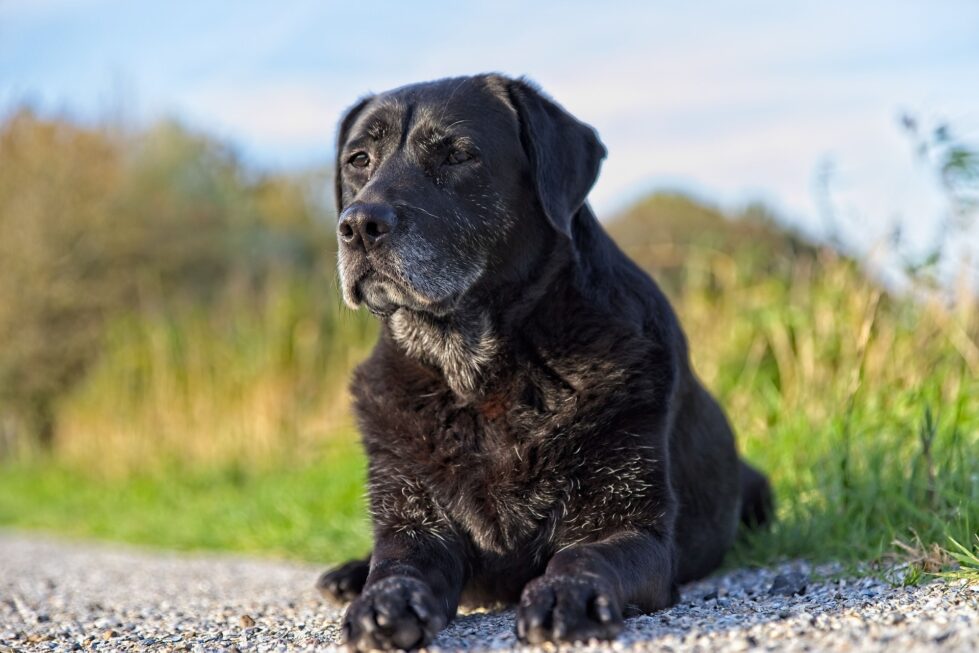Your pet is your best friend and an important member of your family. It is important to take the best care possible of them so they can live a long and happy life. As your pet ages, their needs will change, oftentimes requiring more care, specialized food, bedding, and other items to help manage the symptoms of getting older. Here are some tips and information you can read and discuss with your veterinarian at your pet’s next appointment.
What age is a pet considered a senior?
It is different for each animal and species. For cats, they are not usually considered a senior until they are around 10 to 12 years old. With dogs it varies more on their size:
Small (any weight up to 20 lbs): 10-12 years old
Medium (21 to 50 lbs): 8-10 years old
Large (51 to 90 lbs): 7-8 years old
Giant (91 lbs +): 5-6 years old
Signs to look for in an aging pet
Arthritis
Arthritis is a painful condition that can make your pet’s joints weak and painful. It usually affects their knees, legs, back, and even their neck. If you notice your pet has difficulty getting up after laying down for a long time, especially in the morning, they may benefit from an orthopedic mattress. As arthritis progresses, they may require pain management. Speak with your Tyson Corners, VA veterinarian about what they recommend. There are many supplements as well as prescription drugs available to help manage their discomfort.
Weight Control
Just as with humans, as our furry companions age, they too lose muscle mass and their metabolism begins to slow down, leading to weight gain. Think about transitioning them to a lower calorie senior food so they are still getting the protein they need, but fewer calories. It is important to keep their weight down to avoid developing arthritis. Regular exercise is also a great way to keep them trim and active.
Hearing and Vision Loss
If your pet is no longer responding to your given commands, or come when they are called, they may be experiencing hearing loss. Notice that they do not respond when you come in the room, or are bumping into things when they walk? Both cats and dogs can develop cataracts as they age, leading to eventual blindness. Your Mclean Animal Hospital veterinarian will be able to discuss your options available to help make them more comfortable and make day to day life easier on you all.
Cognitive Dysfunction (CD)
Cognitive Dysfunction in dogs and cats is equivalent to Alzheimer’s disease in humans, affecting nearly ½ of senior cats and dogs. You may notice your pet is experiencing disorientation, is not wanting to be as active, or perhaps is requiring MORE activity than usual, they may not be social as they used to be, and can also experience memory lapses.
Incontinence
If your pet is having accidents or is requiring the use of the doggie door or potty pad more often than usual, this could be a sign of kidney failure, a serious situation. You should bring your pet in for an evaluation with their veterinarian.
As your pet ages, just remember that they may require a little more care but they still want to be loved and be an active part of your life. If you have questions or concerns, give us a call and we would be happy to discuss them with you.

